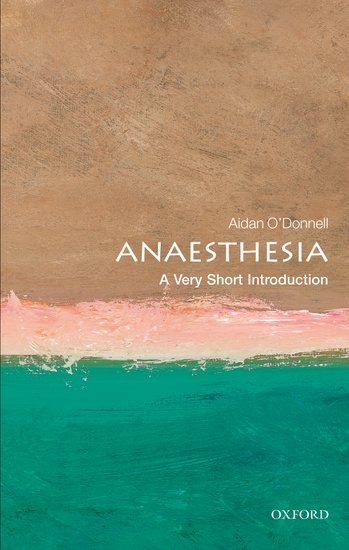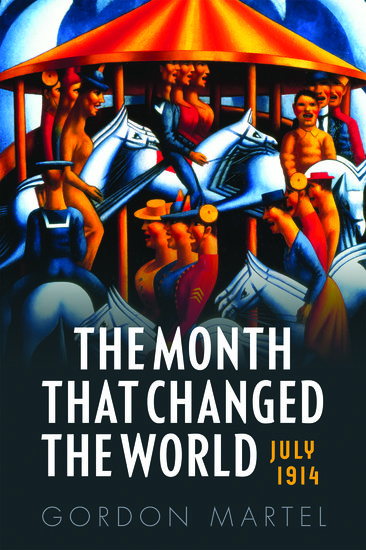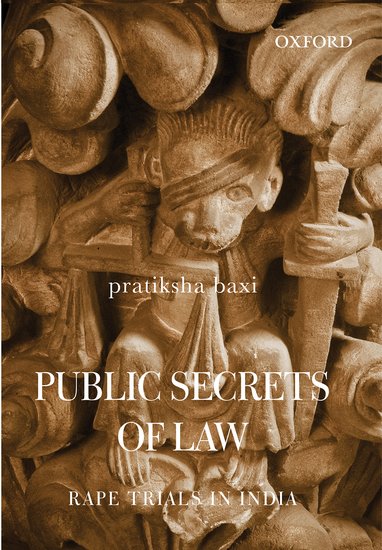Akbar Jehan and the dialectic of resistance and accommodation
To analyze the personal, political, and intellectual trajectory of Akbar Jehan—the woman, the wife, the mother, and the Kashmiri nationalist, not simply an iconic and often misunderstood political figure—has been an emotionally tempestuous journey for me. The Kashmiri political and social activist is my maternal grandmother.








